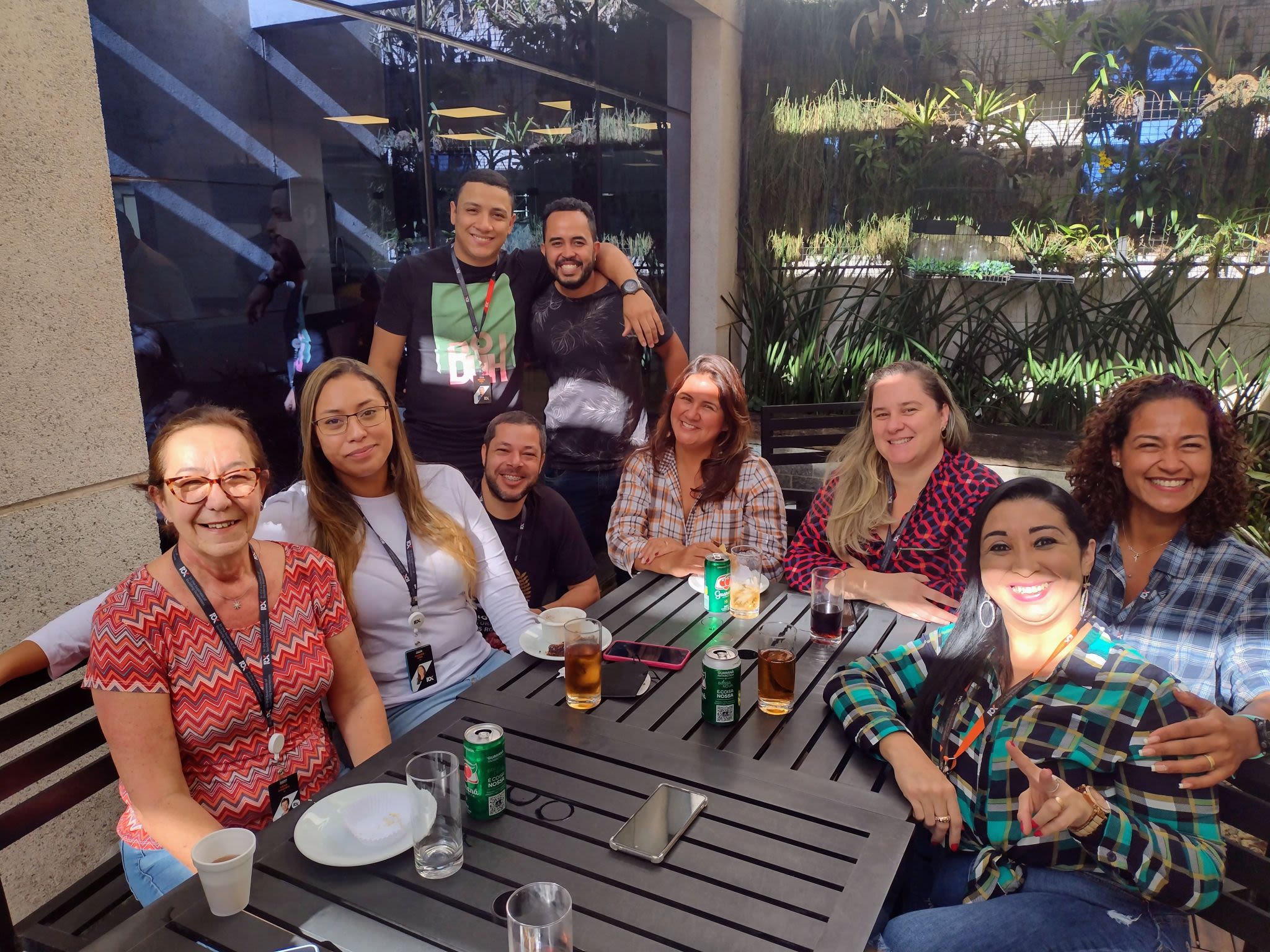Embracing a multi-generational workforce at RX
Q1. Why does RX have a Global Generational Committee?
A. That’s easy - we want RX to be a great place to work, where our employees feel valued and have equal opportunities regardless of age, gender, race, sexual orientation or disability. The Global Generations Committee is one of five diversity committees at RX, as part of our drive to achieve our I&D Goals, within RX (and RELX) and across the communities we serve.
A lot of organisations working to promote inclusion and diversity don’t think to address generational differences and yet it’s something that impacts all organisations every single day. It is particularly important for RX as our customer base is incredibly age diverse, and it's important that we are representative of them. I think it's a great example of how RX and our parent company RELX go above and beyond when thinking about these things to ensure truly equal representation and opportunity for all.
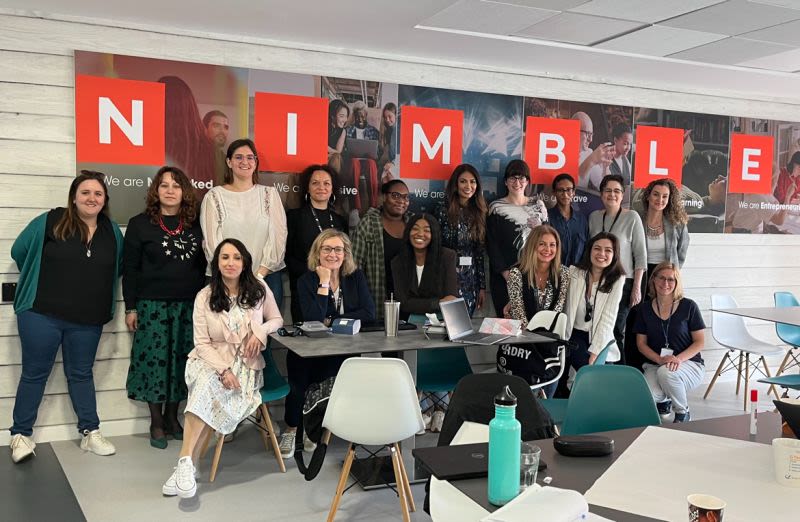
Q2. What prompted you to take on the role of Executive Sponsor?
A. I was inspired to take on the role by my own experiences of reverse mentoring in RX which I found hugely valuable. Reverse mentoring is when a more junior team member mentors someone more senior than them. I learned a lot from hearing my mentor’s feedback on my communication style, and from her expertise on digital media and technology. At the same time, she learned from my experience, knowledge and skills. I wanted to ensure that more RX people had the opportunity to benefit from the scheme.
There is much that we can achieve together to improve inclusion throughout RX across all of our ERGs.
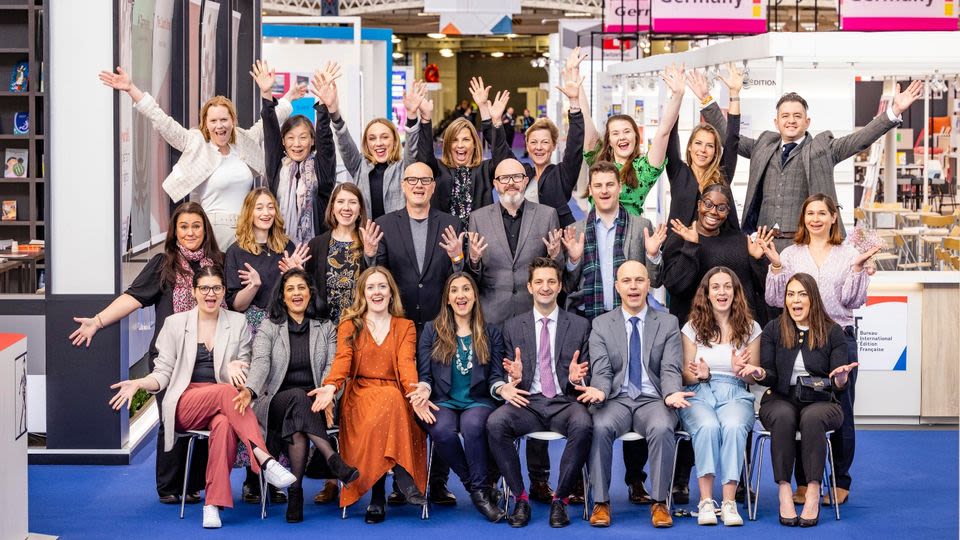
Q3. Why is it important to support generational differences in the workplace?
A. It’s important to celebrate and include all generations in the workplace. A wide selection of people of varying ages brings different skill sets, life experiences and communication styles to the table, enriching the learning opportunities for all.
From the Baby Boomers to Gen X, Millennials and Gen Z, each generation has a different approach to job hunting, work-life balance, and work productivity and whilst these generational differences can sometimes be subtle, it’s important we ensure we know our audience when communicating -- for both message and medium of delivery.
Common typecasts exist with each generation. For example, Baby Boomers are sometimes reported to be stubborn and out of touch, Gen X are at times deemed cynical and keen for flexibility. Millennials, were labelled as me, me, me by Time Magazine in 2014 and Gen Z, are said to have arrived in this world with a tablet and smart phone under their arm! These stereotypes are also not all negative. For example, Baby Boomers are also reported to be confident, independent and self-reliant, Gen X are technologically adept, flexible and highly educated, Millennials, are curious, independent and resourceful and diversity is Gen Z’s middle name!
It’s important we don’t fall for placing people into these stereotypes. It’s important we remember and understand the benefits a wide mix of generations within the workplace brings.
Varying generations not only bring diversity, colour and fun to our workplace but also contribute amazing, new and exciting ideas for our business - making our events the creative and passionate places they are they are today!
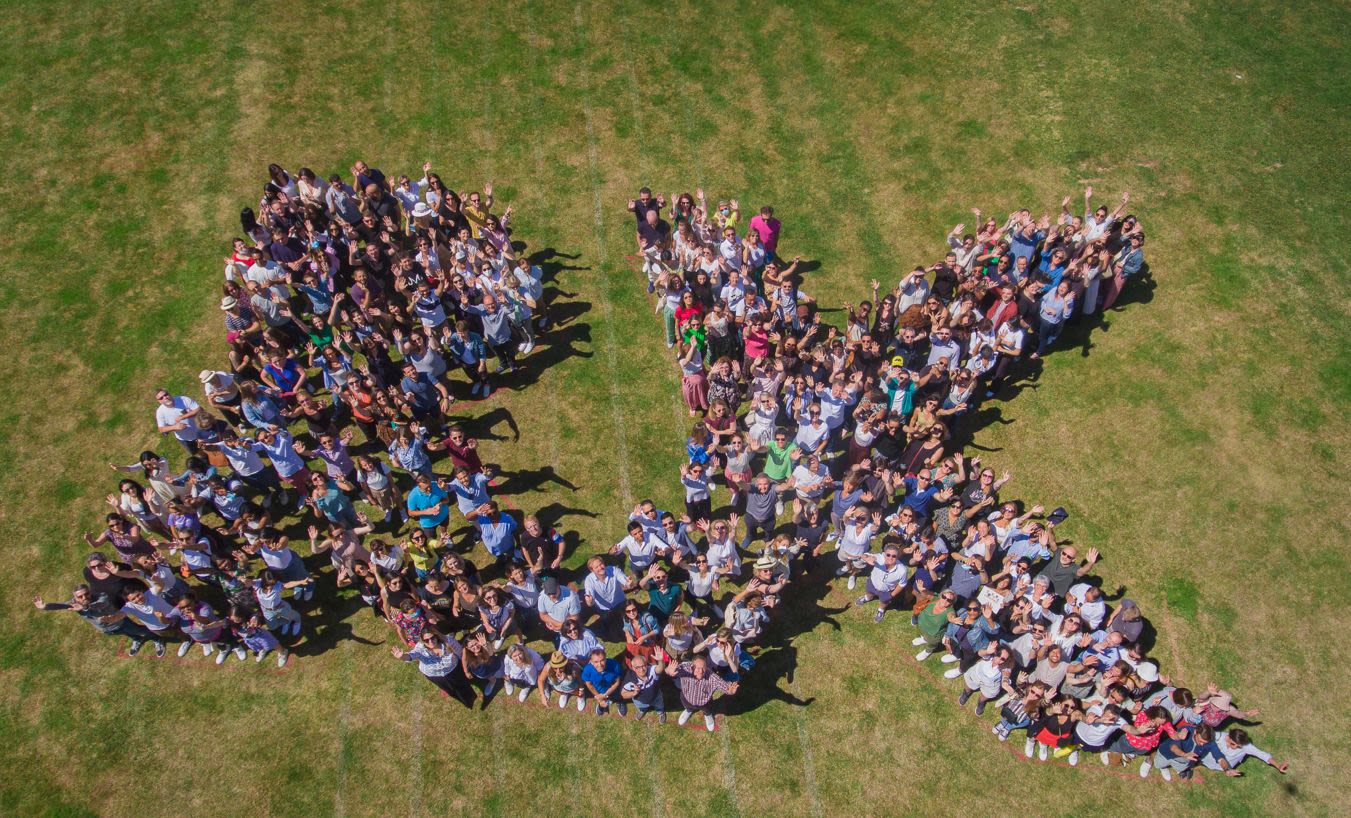
Q4. What does this mean for RX?
A. It means we need to be more understanding about each other, and this will enable us all to play to our strengths, whilst also bringing out the best in each other. We need to use age-inclusive language throughout our business, not only in our job adverts. We need to demonstrate to employees and to candidates how we are bridging any skills gaps and finally, we need to continue to create a culture that celebrates all workers of all ages.
Inclusive language is so important for example avoiding terms such as The Young, The Elderly - these imply a certain age group or generation. Using terms such as our colleagues in the office (instead of the boys and girls in our office. It is also important our language doesn’t stereotype or imply that a specific age group is more or less able. For instance, the description ‘a young and vibrant team’ would be better described as ‘an effective and vibrant team’..
Ultimately, our message is - we’re inclusive and we’re diverse – and we’re proud of it!
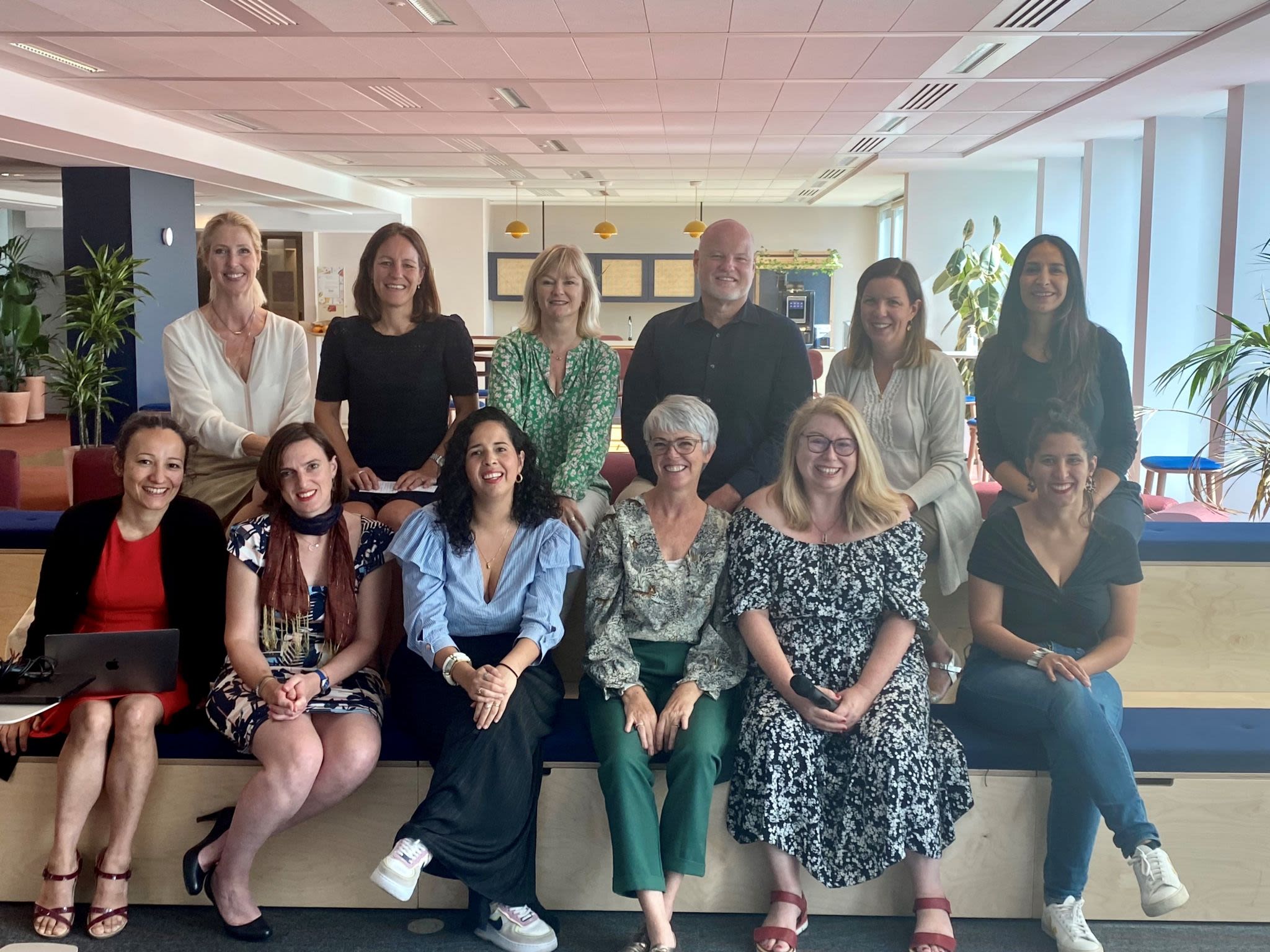
Q5. Tell us how you are implementing this change at RX
A. We have been working with our HR team to make sure that our hiring practices don’t reflect any unconscious age bias – for example, by removing the date of birth and photographs from job applications, being mindful of the way we word job descriptions, and making sure that interviewing panels are representative of different generations.
How we support different generations with their work/life balance is another area we are looking at. If we support those with young families by offering them more flexible hours, shouldn’t we support those who have made different life choices, or who now have an elderly parent to care for? And what about perks and rewards? Not everyone is motivated by, or able to attend, after-hours drinks in the local wine bar.
– Age-related health issues are another concern of which we are conscious. For example, we have been working with the gender equality committee to develop workshops and training for all employees around the menopause. And we mustn’t forget cultural differences. For example, we are aware that whilst in Asian businesses, younger members of teams may find youth a barrier to progress, it can be the older generations in Europe and North America they can feel overlooked.
Recognising all of these differences, and embracing and supporting generational diversity in the workplace, allows us to attract and retain talented, hardworking employees who feel valued and engaged – whatever their age. It’s a win-win, for them, and for RX.
